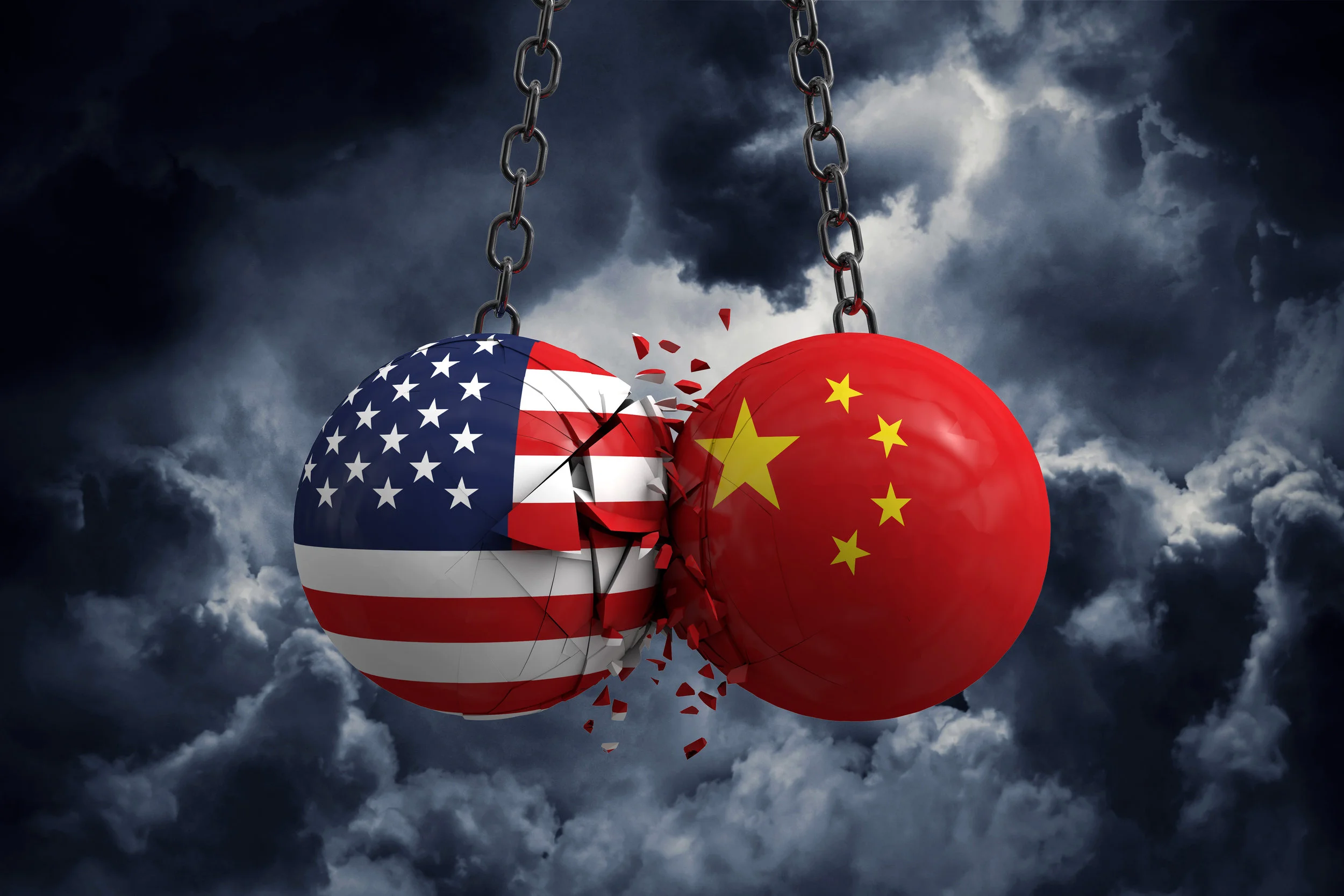Here is still another article that does not explain the meaning of presidential politics. The claim here is that President Trump is scuttling the China trade agreement (if there really was one in the offing) in order to improve his re-election prospects. The theory expounded is that by imposing tariffs on Chinese imports the president will get more votes, although it is also true that the Chinese will tariff their imports (our exports) of agricultural products, thus hurting American farmers.
What the article does not say is that the electoral college system makes the interests of American farmers irrelevant to the president. He is certain to obtain the electoral votes in the agricultural heartland of the country, say, Iowa, the Dakotas, Kansas, Nebraska. He can ignore, and obviously is ignoring, the interests of farmers in these states, where evangelical Christians are sure to give Donald Trump their votes and a plurality that awards him all the electoral votes.
The reason that bashing China and hurting American farmers works as an election strategy is that, presumably, it is popular in the more manufacturing-intense states that by pure accident happen to be the only states truly relevant in determining the outcome of the election – Pennsylvania, Michigan, and Wisconsin. Florida, the lynchpin of the Trump election strategy, also is not impacted much by the Chinese tariffs on American agricultural products.
If the national popular vote were relevant to choosing the American president, farmers as a block of voters, regardless of where they live, would be important to the outcome. They number about 30 million and if their votes counted in a national tally no candidate for president in the general election could do without a coherent farm policy. Under the electoral college system such a policy is unimportant, and as farmers may have noticed the general election never features much discussion of farm policy.

